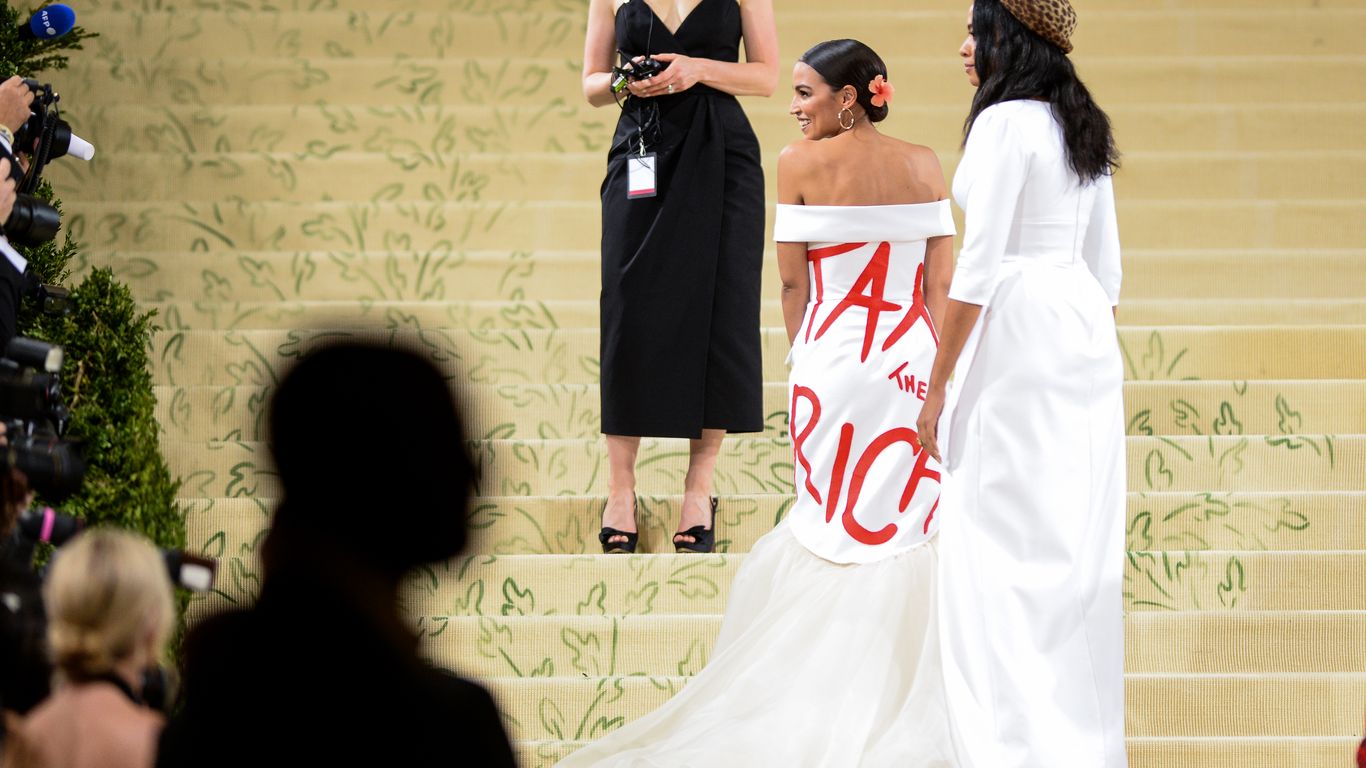Controversy Over Danish Zoo's Use of Unwanted Pets as Food for Predators

Introduction
A Danish zoo has caused controversy by announcing that it is seeking unwanted pets to feed to its predators. Aalborg Zoo stated that donated pets would be "gently euthanized" and used to replicate the natural food chain of its animals.
The Food Chain at Aalborg Zoo
Aalborg Zoo is home to a variety of predators, including lions, tigers, and bears. In order to provide a natural and healthy diet for these animals, the zoo relies on a food chain that includes smaller animals such as chickens, rabbits, and guinea pigs.
The zoo has always struggled to find a sustainable source of these smaller animals, resulting in them turning to unwanted pets as a solution. In addition to the animals mentioned in the summary, the zoo also accepts pet horses. This has sparked a debate about the ethics of using domesticated pets as food for wild animals.
The Controversy
While the zoo claims that the donated pets will be "gently euthanized," animal rights activists have raised concerns about the welfare of these animals. They argue that domesticated pets are not suitable as food for wild animals and that the zoo should find alternative sources or adjust the diets of their predators.
On the other hand, the zoo argues that this practice is a natural and sustainable way to feed their animals and that it helps to educate
About the Organizations Mentioned
Aalborg Zoo
Aalborg Zoo, located near the center of Aalborg, Denmark, was established in April 1935 and spans 8 hectares (20 acres). It is home to over 1,500 animals representing approximately 126 species, attracting around 375,000 visitors annually[1][7]. The zoo is renowned for its naturalistic habitats and diverse animal exhibits, including polar bears, arctic wolves, giraffes, and colorful tropical birds, making it one of Northern Europe's significant zoological attractions[2][4]. Aalborg Zoo has a strong commitment to conservation, sustainability, and animal welfare. It was the first zoo globally to receive an environmental certification, reflecting its dedication to ecological responsibility[1][2]. The zoo actively participates in international breeding programs aimed at preserving endangered species and supports global conservation projects, such as aiding the Payamino Indigenous community in Ecuador to protect 60,000 hectares of endangered rainforest[1]. This highlights its role not just as a visitor attraction but also as a key player in global biodiversity preservation. In terms of innovation and animal care, Aalborg Zoo employs unique approaches to animal nutrition, including accepting donations of small animals like rabbits and guinea pigs to feed predators, simulating a natural food chain. This practice sparked controversy in 2025 due to ethical debates but is supported by experts as healthier and a morally preferable alternative to conventional euthanasia and disposal methods[1][6]. The zoo also integrates educational and research functions, focusing on conservation awareness and fair trade. Its well-laid paths and clean environment create an engaging visitor experience, complemented by attractions like the Dinosaur Park and petting zoo, appealing to families and technology-savvy tourists interested in immersive and responsible wildlife experiences[4][5]. Overall, Aalborg Zoo blends tradition with modern sustainability practices, making it a notable institution in zoological management, conservation, and eco-friendly operations within the business and technology landscape.
















